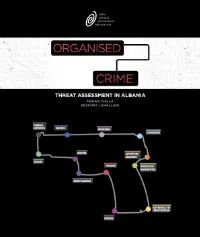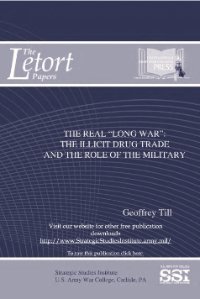Europol; European Union. Publications Office
From the document: "This edition marks 10 years since the release of Europol's first IOCTA [Internet Organised Crime Threat Assessment]. Throughout this time, the threats posed by cybercrime have evolved dynamically in terms of volume, intensity and harm potential. The number of cybercriminals entering the market continued to grow steadily, thanks to the adoption of new technologies as well as the increasing complexity of digital infrastructures, which expands the potential attack surface. In 2023, millions of victims across the EU were attacked and exploited online on a daily basis. Small and medium businesses were increasingly popular targets for cyber-attacks, while e-merchants experienced the most digital skimming attacks. Adults were victimised through phishing, investment and romance frauds, and more and more minors were targeted by child sexual exploitation offenders and online sexual extorters. In parallel, a number of worldwide law enforcement actions shook the cybercriminal underground through continued arrests of ransomware affiliates and operators. Law enforcement also carried out coordinated disruption operations against cybercriminals' digital infrastructures. Notwithstanding the growing presence of law enforcement in the dark web, this environment continues to function as an enabler for cybercrime, allowing offenders to share knowledge, tools and services in a more concealed way. In addition, the use of cryptocurrencies in a wider variety of crime areas has become more noticeable in 2023, alongside the growing number of requests for investigative support in cryptocurrency tracing received by Europol. Cybercriminals are keen to leverage Artificial Intelligence, which is already becoming a common component in their toolbox and is very likely to see even wider application. Law enforcement agencies are expected to build a robust capacity to counter the growing threats stemming from this, both in terms of human resources and technical skills."
Europol; European Union. Publications Office . 2024. 38p.






